A new analysis looks not only at the number of years we can expect to live, but also at the number of years we can expect to live in good health.
Get Started for FREE
Sign up with Facebook Sign up with X
I don't have a Facebook or a X account

 Your new post is loading... Your new post is loading...
 Your new post is loading... Your new post is loading...
|

lajarre's curator insight,
December 19, 2012 2:03 PM
Very good FAQ to get a quick grab on the terms you can hear around statistical data analytics. 
Aurélia-Claire Jaeger's curator insight,
December 20, 2012 4:33 AM
Une vision intéressante. Extrait (traduit, enfin j'espère à peu près bien) : "Qu'est ce que le "Big Data" ? - Ce que l'on veut que ce soit, des données qui ne sont pas petites, un mot éphémère à la mode, une reconnaissance du fait qu'il est difficile de stocker et d'accéder à des bases de données volumineuses, un faux espoir (avec néanmoins parfois, fugitivement, des vérités lumineuses) que si les caractéristiques infimes sont connues et conservées à la microseconde près, on arrivera à prévoir tout ce qui concerne cette espèce imprévisible : les êtres humains." 
Onecoin's curator insight,
January 17, 2015 9:25 AM
Are you already a member of ONE COIN? |



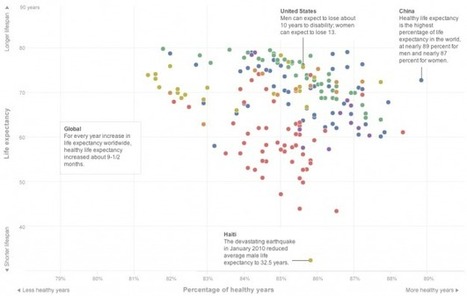


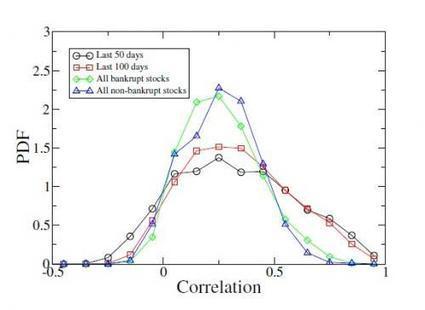
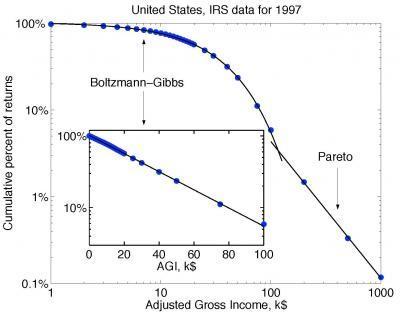




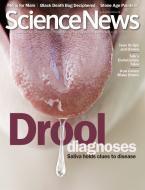

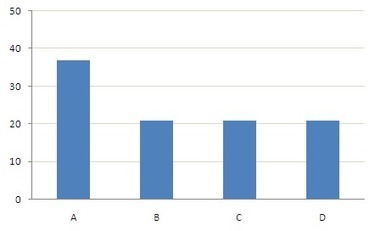

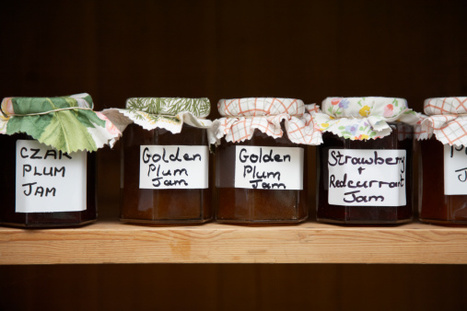


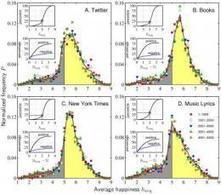

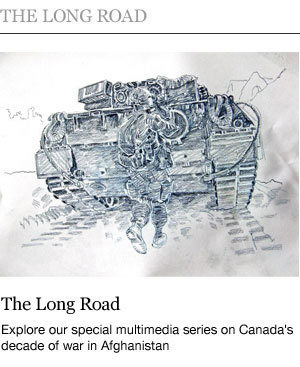





Read related article.